![]() I’ve been a full-time freelancer for about 6 weeks now, and one of the challenges an independent worker faces is tracking time, most notably for the purpose of being able to bill clients for it! My business isn’t big yet, and the number of projects I’m working on is easily manageable with a few text files and a little dedicated mental real estate, so I don’t have a formal tracking system set up yet.
I’ve been a full-time freelancer for about 6 weeks now, and one of the challenges an independent worker faces is tracking time, most notably for the purpose of being able to bill clients for it! My business isn’t big yet, and the number of projects I’m working on is easily manageable with a few text files and a little dedicated mental real estate, so I don’t have a formal tracking system set up yet.
Since I’m a web developer, and in particular since I’m looking for opportunities to work more with frameworks (most specifically CakePHP), my intention at the outset was to devote my first couple of weeks to building my own feature-rich project tracking web app, but the real projects started piling on more quickly than I expected, and within a couple of days I had to set that project aside.
Today I was thinking more about keeping myself organized, so I took a few minutes to research pre-built, web-based (so I can work with them both on my iPhone and my computer) time tracking tools. I still haven’t found the ideal solution, but I did find a radically different approach that I find extremely compelling, especially since I already have a couple of buckets of Legos on my desk. Unfortunately I also have a couple of kids who are frequently in close proximity, and the risk of inadvertent data tampering is just too great for me to use this method myself.


